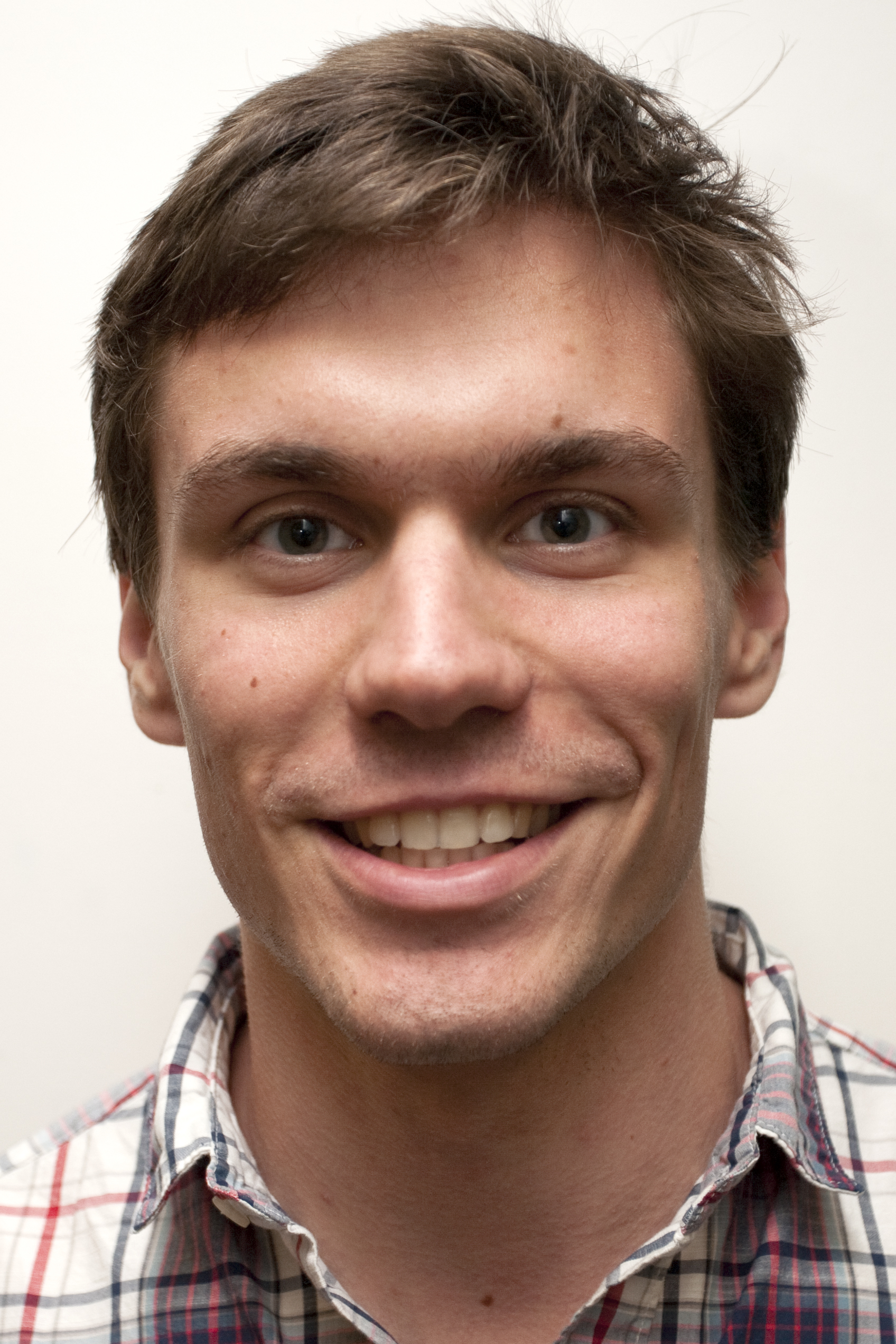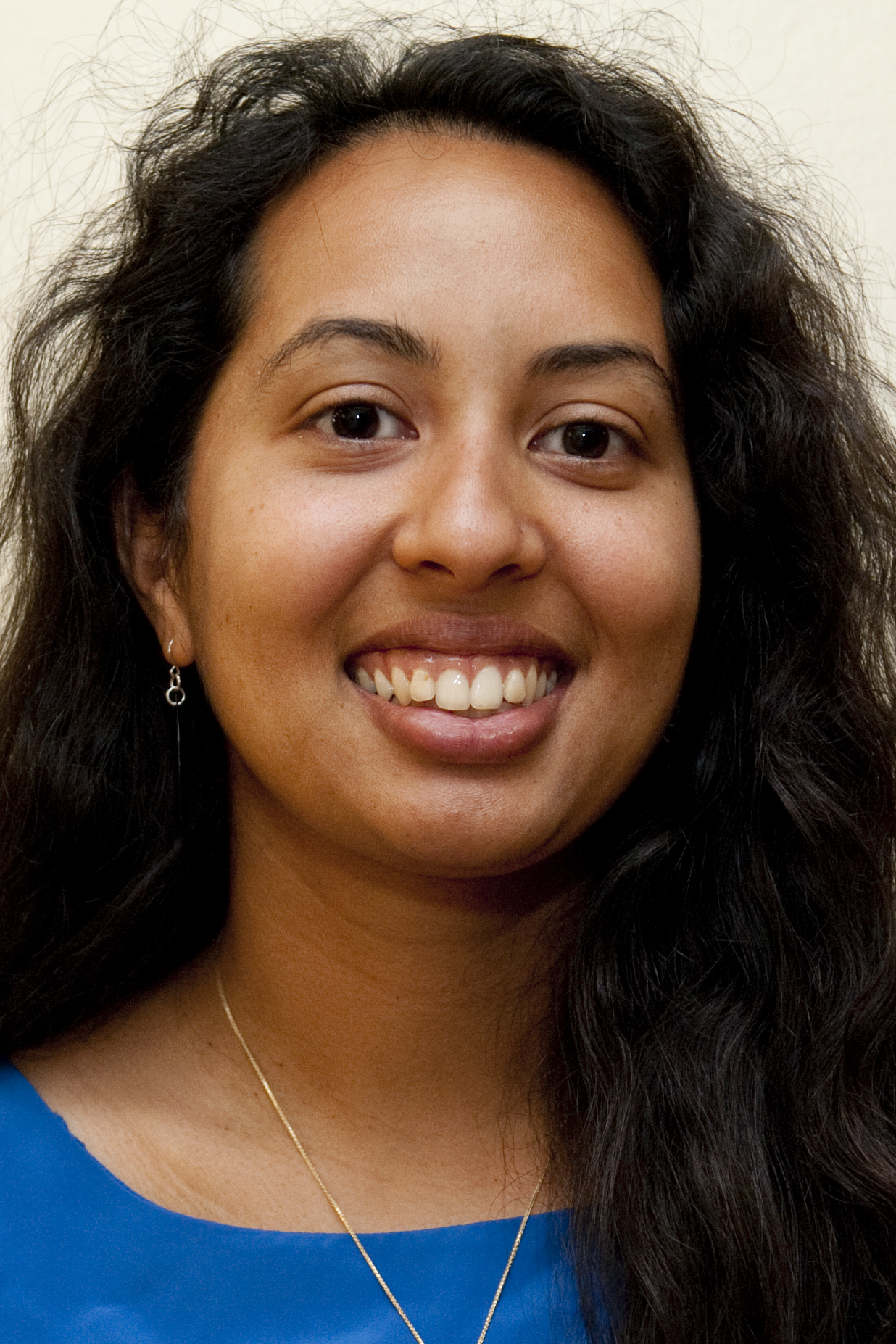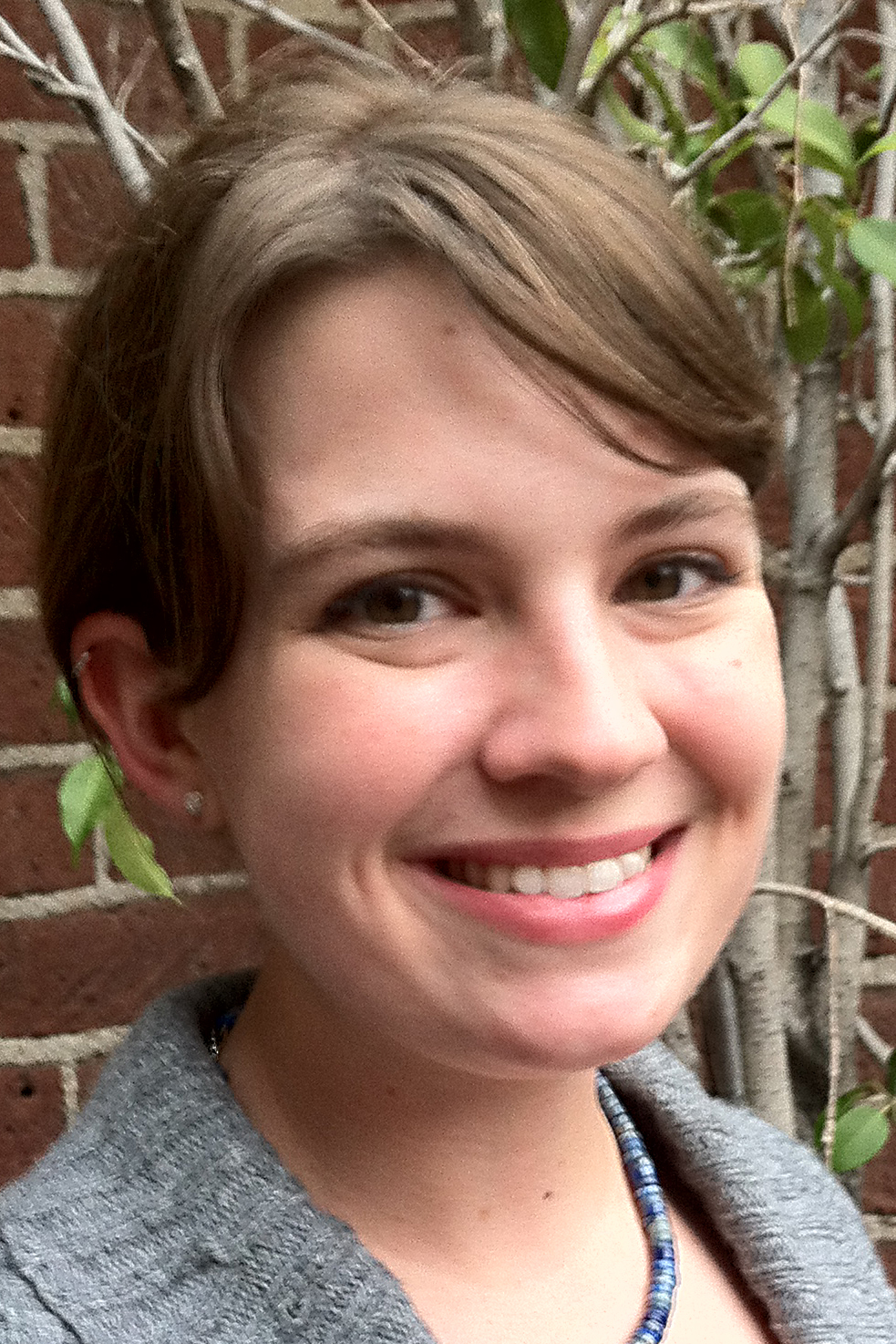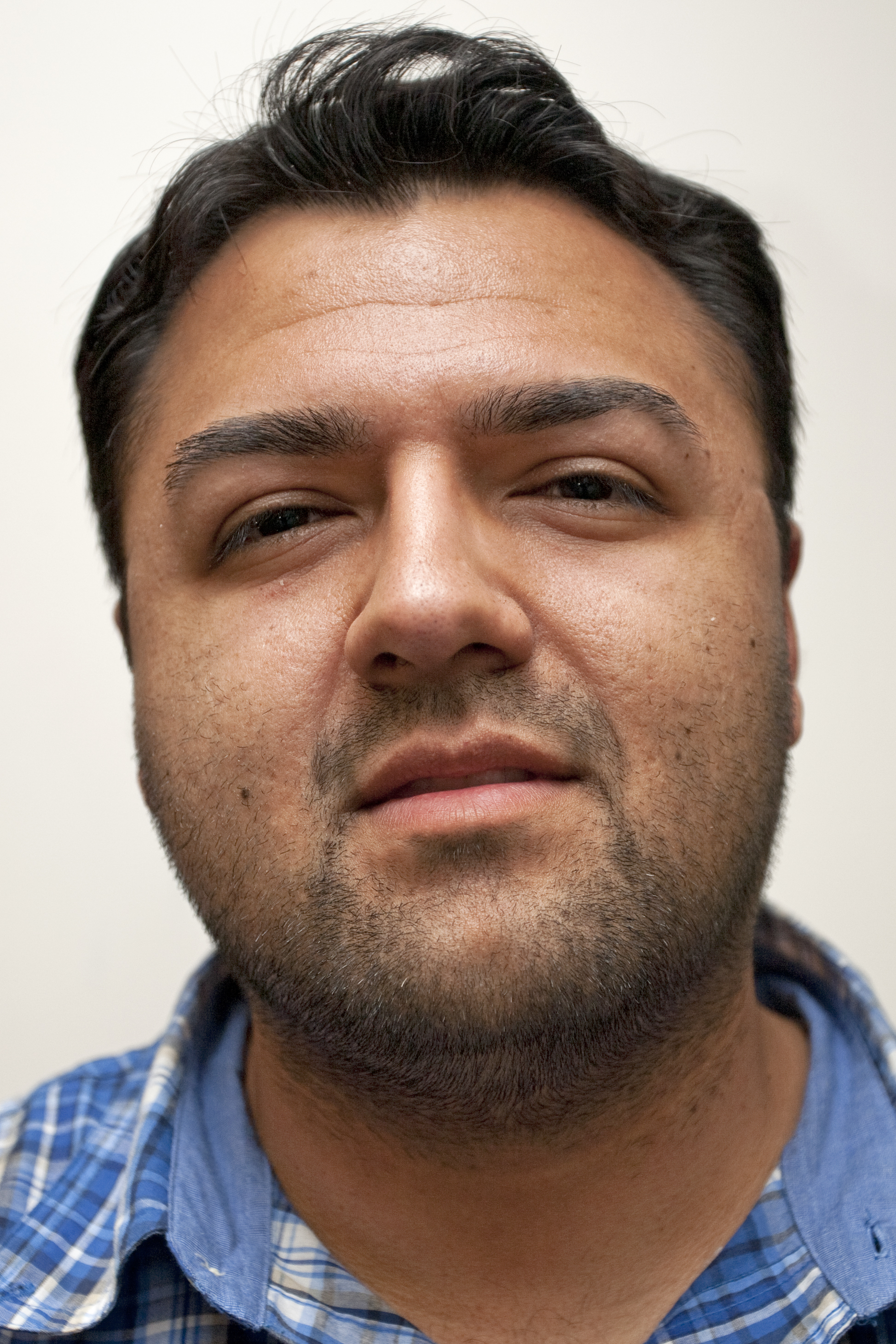
David Zeke
President
Second year
Department of Economics

Vanessa Thulsiraj
Vice President Internal Affairs
Fifth year PhD student
Civil and Environmental Engineering department

Nicole Robinson
Vice President Academic Affairs
Second year
Department of Italian
All four elected positions in this year’s graduate student government will be uncontested, but a fee increase referendum may increase the election’s traditionally low voter turnout.
The graduate student voter turnout last year was 4.8 percent. A minimum of 10 percent of the graduate student population are required in order to pass a referendum.
The referendum’s $5-per-quarter fee increase would go toward funding the Graduate Writing Center in order to avoid running a deficit in the future.
The increased funding would also mean the Graduate Students Association would no longer have to draw from surplus funds for event funding, as surplus funds can vary from year to year.
This year’s uncontested election could be a result from declining graduate student interest in running for a position in GSA, said Elvira Rodriguez, director of elections for GSA.
Two years ago, there were nine candidates in the race and last year there were five, according to Daily Bruin archives.
“These positions are a lot of work and I think people are mindful of the workload they already have,” Rodriguez said. “(Graduate students) often have one, two, three or four jobs in addition to (their) coursework.”
Despite the election being uncontested, the referendum may draw more students out to vote, Rodriguez said.
“When there is a referendum related to student fees, people come out to vote,” Rodriguez said.
In the past, referendums have passed even during uncontested elections, said Michael Weismeyer, current president of GSA.
Shilpa Dabke, a graduate student in the UCLA Anderson School of Management, was not planning on voting in the upcoming election because she said GSA does not significantly affect Anderson students.
Upon hearing about the referendum, she said she might consider voting on the referendum if it will help graduate students. She added she would have to learn more about it before making a decision.
Marisol Sanchez, a graduate student in social welfare, said she had not heard anything about elections yet. She also had not heard about the referendum, but said she would probably vote against it.
“It’s not a big increase, but I’m tight on money right now,” Sanchez said.
All four candidates support the referendum and are working to educate the graduate student population about its effects, said presidential candidate David Zeke, a graduate student in economics.
“We are somewhat surprised that the election is uncontested,” he said. “So we want to (educate) people to know about the referendum and its importance.”
Each candidate running for an elected position is from a different department and will focus on promoting the referendum to his or her council, Zeke said.
In addition to the candidates campaigning about the referendum, the GSA elections board will be hosting a Grad Bar, an event where graduate students will have the chance to meet the GSA candidates.
Both the registrar and departmental emails will be used as well to reach out to graduate students, Rodriguez said.
Campaigning has already begun for the candidates and voting will begin on MyUCLA next week from April 17-23.
